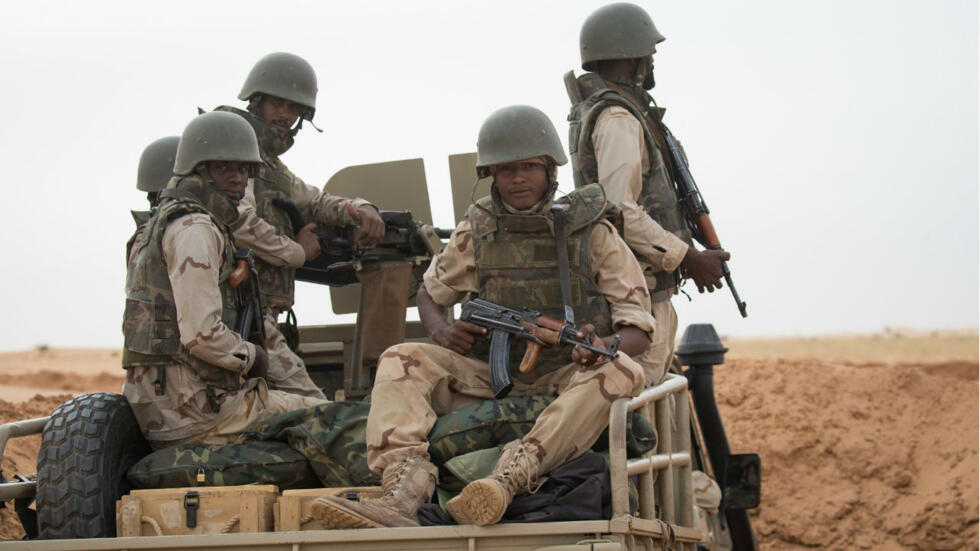
Three junta-led countries in Africa’s Sahel region—Burkina Faso, Mali, and Niger—are set to collaborate on forming a 5,000-strong military unit to combat the ongoing jihadist violence that has plagued the area for years, officials announced on Tuesday.
According to Niger’s Defence Minister Salifou Mody, the three nations will establish a “unified force” within the next few weeks. These countries, all former French colonies, experienced military coups between 2020 and 2023, which ousted civilian governments.
In the wake of these coups, the three nations distanced themselves from France and last year formed a new confederation, the Alliance of Sahel States (AES). “Within this shared framework, our forces will be able to intervene collectively,” Mody stated in a televised interview, noting that the force—comprising both ground troops and intelligence capabilities—was “almost ready” to be deployed.
The joint force will be equipped with personnel, aerial support, ground units, and intelligence resources, along with a coordination system designed to streamline operations. Mody added that the force is expected to be operational in a matter of weeks.
The combined territories of Burkina Faso, Mali, and Niger span over 2.8 million square kilometers (1.1 million square miles)—about four times the size of France—and are situated in the Sahel, a semi-arid region that lies between the Sahara Desert to the north and the savannas to the south.
For nearly a decade, these nations have faced relentless attacks from jihadist groups aligned with either Al-Qaeda or the Islamic State. Despite previous assistance from French forces, the violence has proven difficult to suppress.
“We face the same threats—particularly from criminal groups—and we must unite our efforts,” Mody emphasized. “This initiative is a new and unique approach that will enhance the security of our territories and our people.”
While the three countries have already conducted joint anti-jihadist operations, particularly in the border areas where attacks are most frequent, the new force will strengthen their coordination and response capabilities.
Following the coups, the three nations expelled French troops that had been supporting their fight against jihadists, withdrew from the ECOWAS regional bloc—which they considered ineffective—and have sought new alliances, notably with Russia, which is looking to expand its influence in the region.
